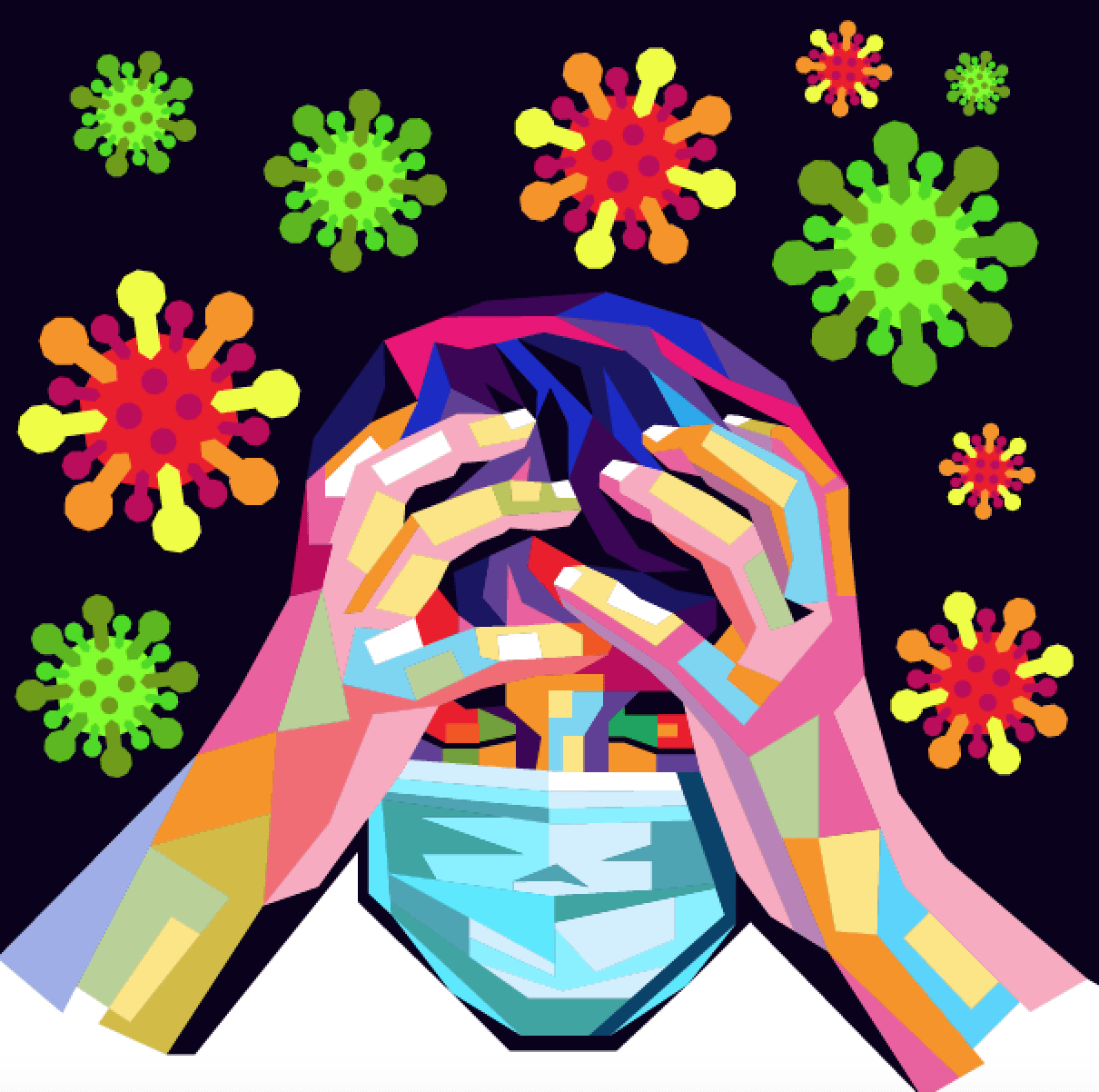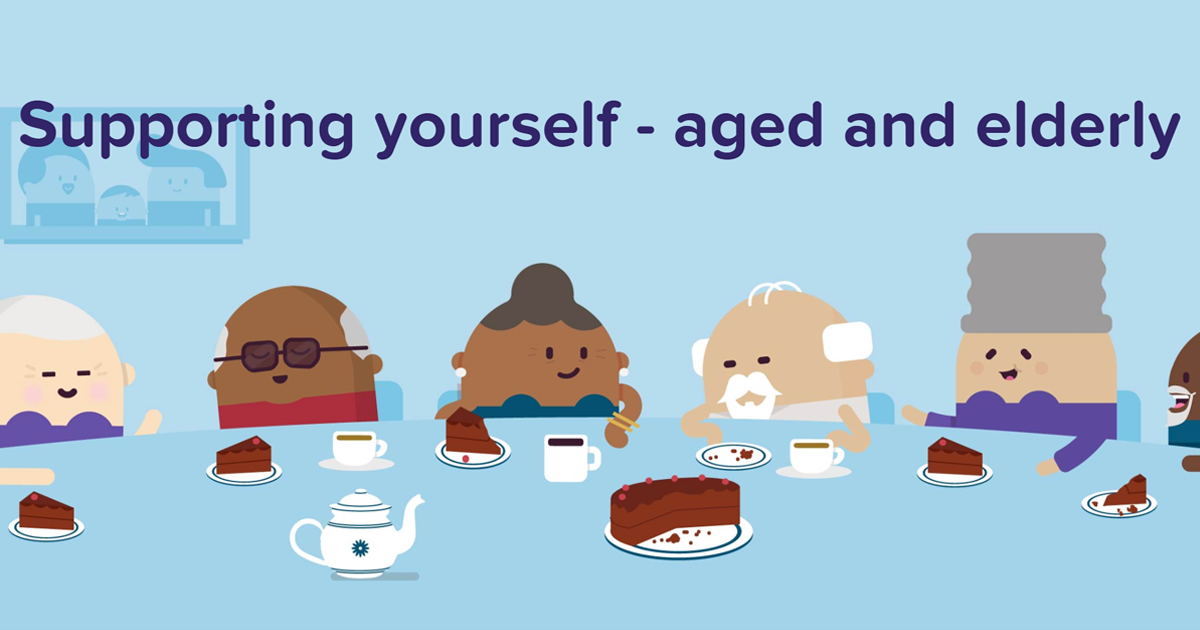Mental health and COVID-19
Discussions and concerns around the coronavirus outbreak and practising self-isolation can be stressful and it can impact our mental health and wellbeing. It’s normal to feel a range of emotions, such as stress, worry, anxiety, boredom, or low mood. Many people feel distressed and overwhelmed by the constant news and amount of information about the situation.
- Managing financial stress
- access mental health services
- Protecting our elderly
- Hear from mental health experts
Economic hardship and financial stress can take a serious toll on our mental health and wellbeing. Other aspects of your life might also be affected, which in turn can impact your ability to cope during an already challenging period. While it is normal to feel anxious and worried during uncertain times, it is important to take steps to protect your mental health and wellbeing.

Mental health conditions and disorders
Mental illness, also called mental health disorders, refers to a wide range of mental health conditions — disorders that affect your mood, thinking and behavior. Examples of mental illness include depression, anxiety disorders, schizophrenia, eating disorders and addictive behaviors
- Anxiety disorders
- Bipolar and Realted disorders
- Drugs, alcohol, and other substance-related or addictive disorders
- Anxiety disorders
- Obsessive-compulsive and related disorders
- Trauma and stress-related disorders
if you have any signs or symptoms of a mental illness, see your primary care provider or a mental health professional. Most mental illnesses don't improve on their own, and if untreated, a mental illness may get worse over time and cause serious problems.

Supporting yourself
Taking good care of yourself is paramount to the success of your recovery process. People in recovery find that their physical, spiritual, and emotional health are all connected, and that supporting one supports the others. Taking care of all aspects of you will increase the likelihood that you stay well.
- Talk to people with similar experiences
- Talk to a professional online
- Find ways to relax
- Try to do something you enjoy every day
Laughing decreases pain, may help your heart and lungs, promotes muscle relaxation, and can reduce anxiety.A longer life. People with strong social and community ties were two or three times less likely to die during a 9-year study.

Supporting Someone else
Mental health problems can be complex. There are many individual differences in the symptoms and how each person responds to different treatment options. However, as with a physical illness, a person with a mental health condition will benefit from the right treatment and support. Having someone to lean on while working through this experience can reduce stress and help them on the road to recovery.
- This page gives a brief overview, and at the bottom you’ll find some websites where you can go for more detailed information and advice.
- You are not alone; other people have experienced what you are experiencing. Below you’ll find some forums where you can learn from people with similar experiences. .
- Ullamco laboris nisi ut aliquip ex ea commodo consequat. Duis aute irure dolor in reprehenderit in voluptate trideta storacalaperda mastiro dolore eu fugiat nulla pariatur.
Research confirms that support from family and friends is a key part of helping someone who is going through a mental illness. This support provides a network of practical and emotional help. These networks can be made up of parents, children, siblings, spouses or partners, extended families, close friends and others who care about us like neighbours, coworkers, coaches and teachers.


Services
Mental health difficulties
Anxiety
- Cognitive Behavioural Therapy
- Exposure Therapy
- Relaxation Techniques
- Medication
- Staying Active and Working out
Depression
- Eat Healthy
- Get enough sleep
- Challenge negative thoughts.
- Lifestyle Changes
- Help Someone Else
Bipolar affective disorder
- Brain-stimulation treatments
- Psychotherapy
- Medications
- Electroconvulsive Therapy
- Behavioral therapy
Obsessive Compulsive disorder
- Slow Breathing Techniques
- Hyperventilation Control
- Exposure and Response Prevention
- Cognitive Behavior Therapy
Services
Grief Support
Grief Counseling
- Individual Counseling
- Group Therapy
- Online Support Groups
- Telephone Support
- Workshops and Webinars
Bereavement Support
- In-person Support Groups
- Online Communities
- One-on-One Support
- Resource Libraries
- Memorial Services
Loss of a Child
- Support Groups for Parents
- Grief Counseling
- Memorial Events
- Online Resources
- Helpline
